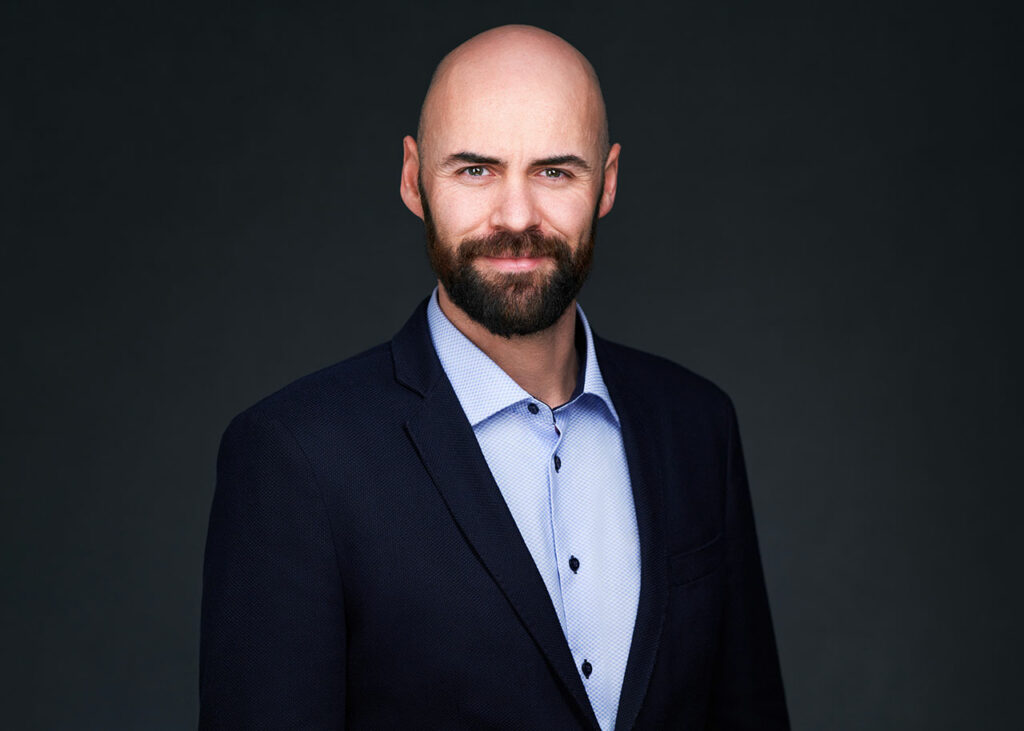While policymakers were seeking alignment in Sharm El-Sheik, corporations are starting to choose real action over talk.
As I listened to the news reports from COP 27 in Sharm El-Sheikh, Egypt, I was inspired.
The COP is the United Nations Climate Change Conference, also known as “Conference of the Parties of the UNFCCC”. The UN Climate Change Conferences are yearly events held within the United Nations Framework Convention on Climate Change (UNFCCC) framework. They serve as the formal meeting of the UNFCCC parties to assess progress in dealing with climate change.
I have attended COPs before, such as COP 11 in Montréal, COP 14 in Poznan, and COP 15 in Copenhagen, as part of my role in a previous venture, a news and analytics company focused on reporting back to politicians, policymakers, corporations, consultants, activists, and so on about the progress (and lack thereof) in negotiations in both the formal sessions and in the corridors. Parties to the UNFCCC have always been aiming to find broad alignment on ambition, mitigation, and compensation.
When I listened to the COP 27 news updates as the event headed into its final day, I felt inspired even though I realized there would be little to no alignment on an official statement in time (this always drags through the weekend). My inspiration came not from the events in Sharm El-Sheik. What made me hopeful was the progress far away from the corridors of the COP and the war of words in Egypt. Instead, reflecting on the sea change afoot across industries in recent years proved stunning. Since my first COP attendance, the scope and scale of how corporations and financial markets view climate change and environmental and social responsibility have changed significantly. And this has created real action over talk.
A number of pioneering companies, particularly in the fashion/apparel industry, have seen the wave of the future and are acting. They have begun a quest for sustainable and circular supply chains. They are thinking long-term and making the necessary investments, putting their money where their mouth is. This is massive progress. Yes, these companies are not charities; they are for-profit businesses. But that is precisely my point. When we have reached a state where consumers, investors, and board rooms demand change, businesses change.
Yes, brave policymakers have a big role to play, and the EU is at the forefront. The set of policy initiatives under the Green Deal, aiming to make the EU climate neutral by 2050, is key and will accelerate the speed of change. The proposal for a new ecodesign for sustainable products regulation, published earlier this year, is the cornerstone of the approach to more environmentally sustainable and circular consumption, and the introduction of the digital product passport as an instrument to monitor and measure this progress is a critical part of this.
I am grateful and proud that Kezzler can play a tiny role in this movement.
Contact us to discuss ESG and compliance.
Contact us
Get in touch to learn about how Kezzler’s traceability platform powers ESG and compliance

Piet de Vriendt
Sr. Business Development Manager
